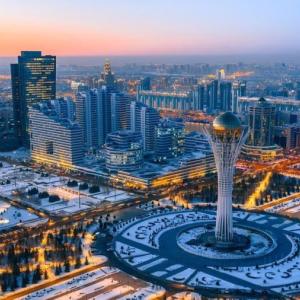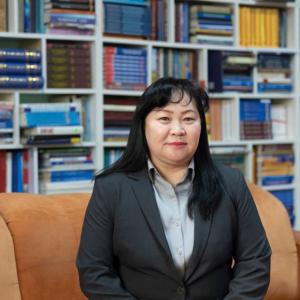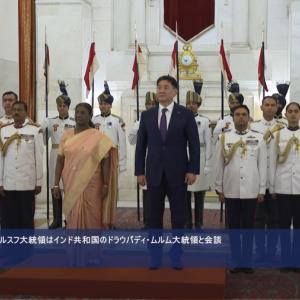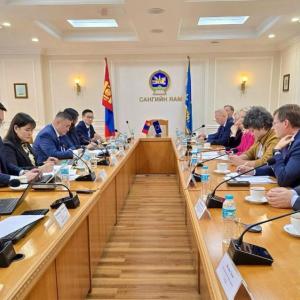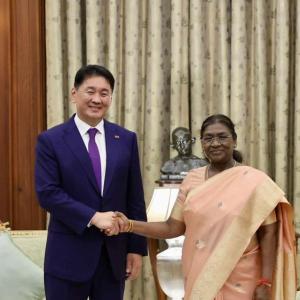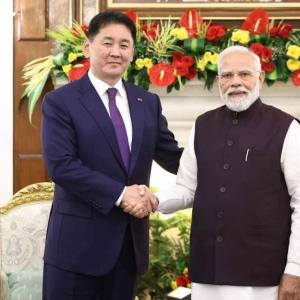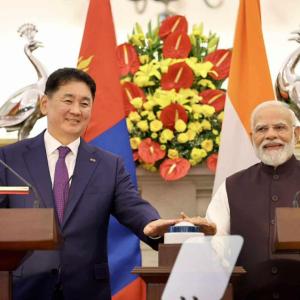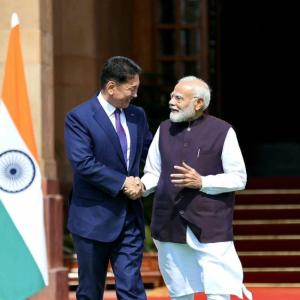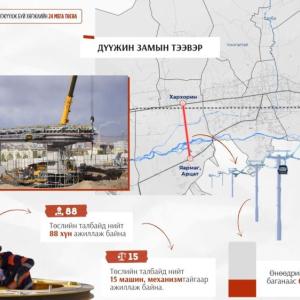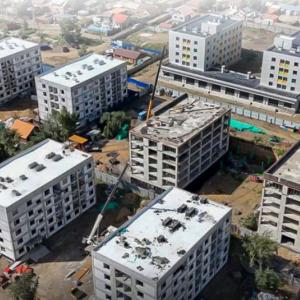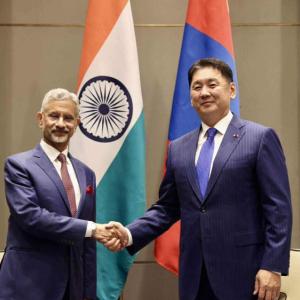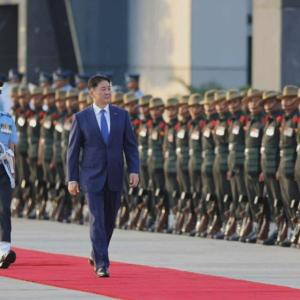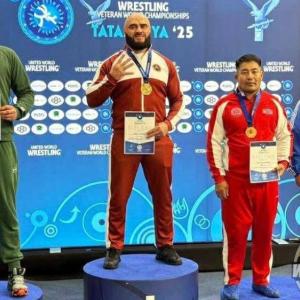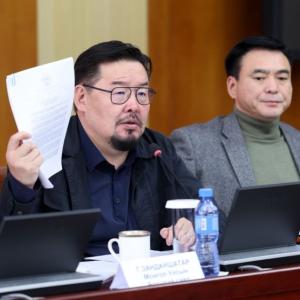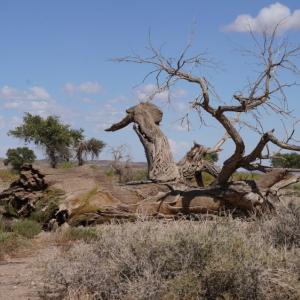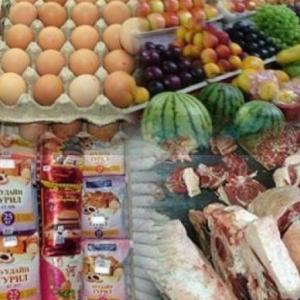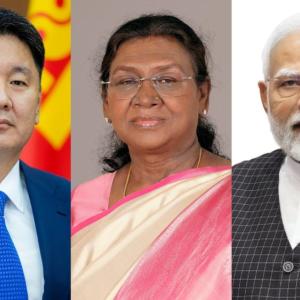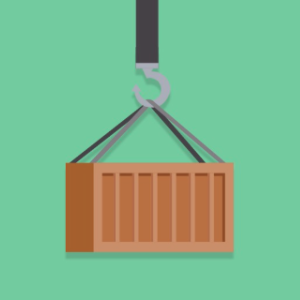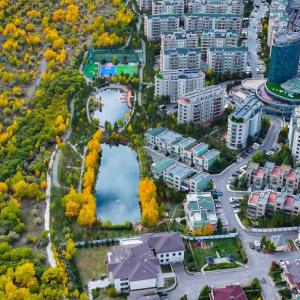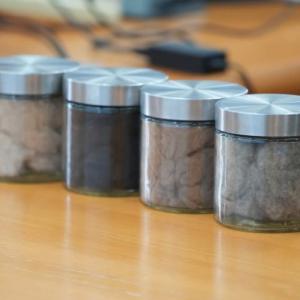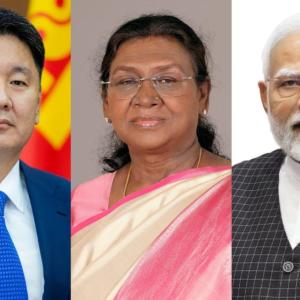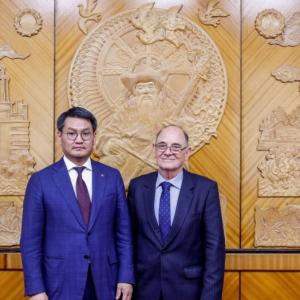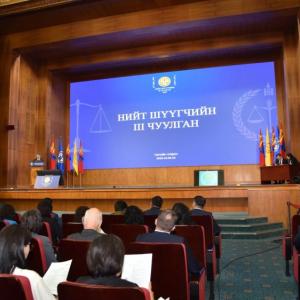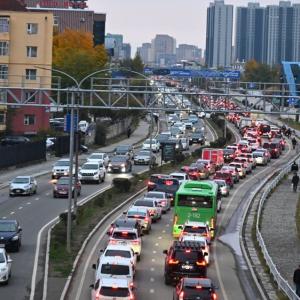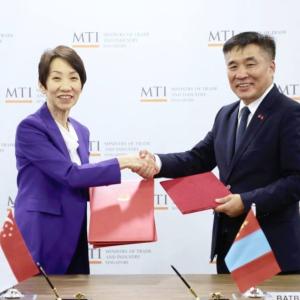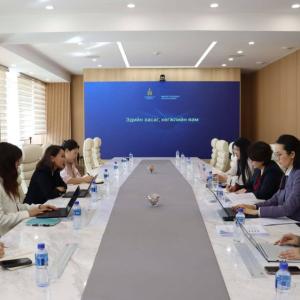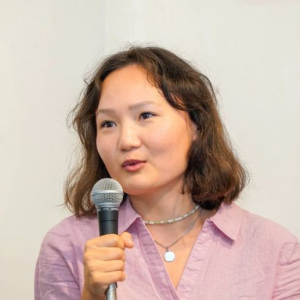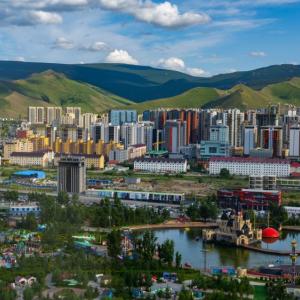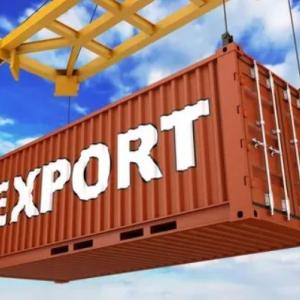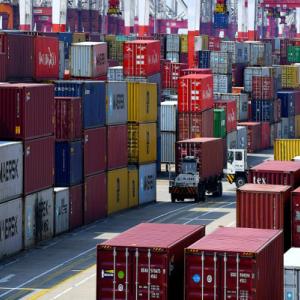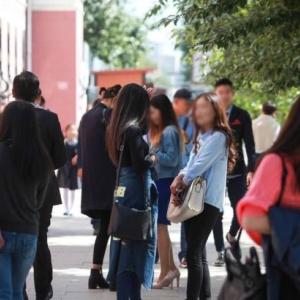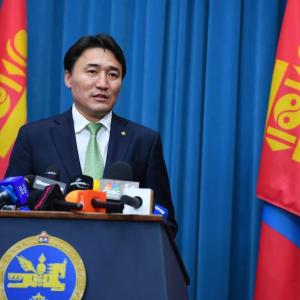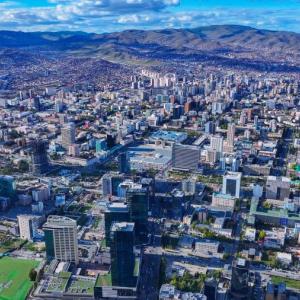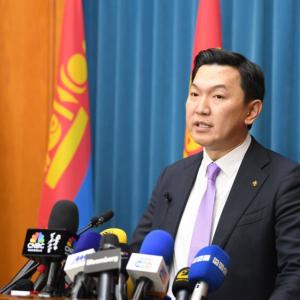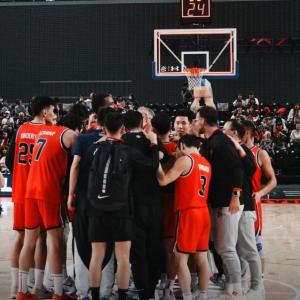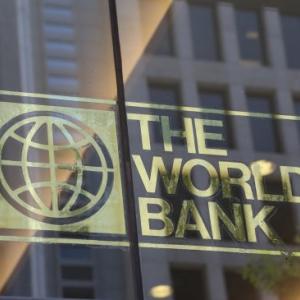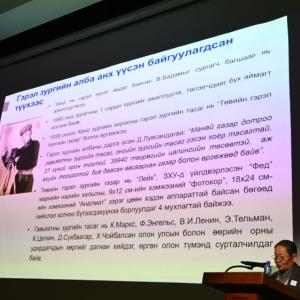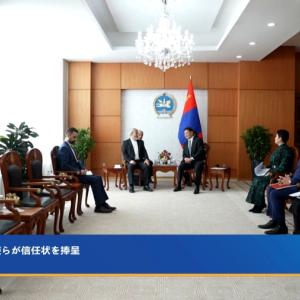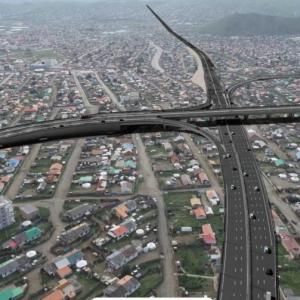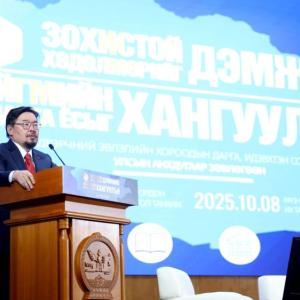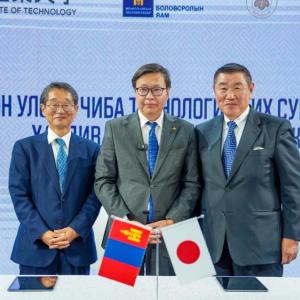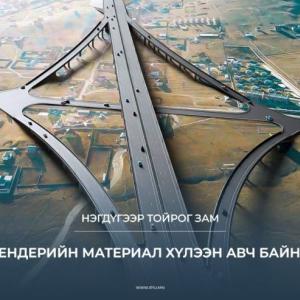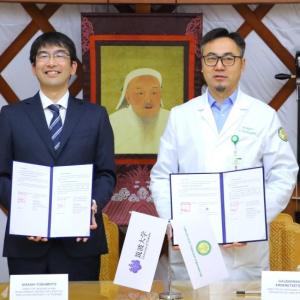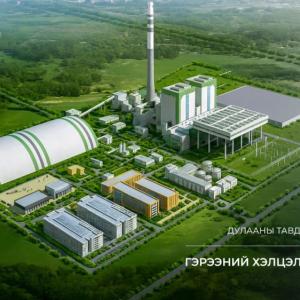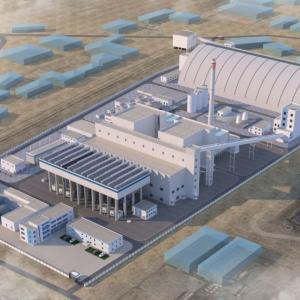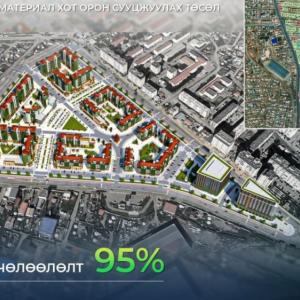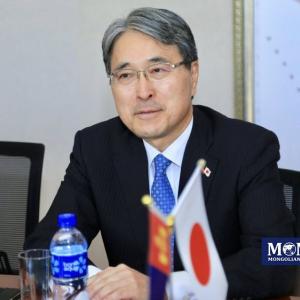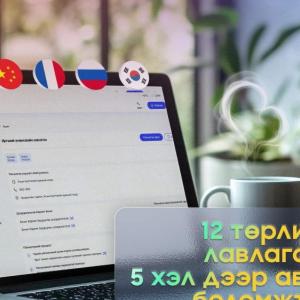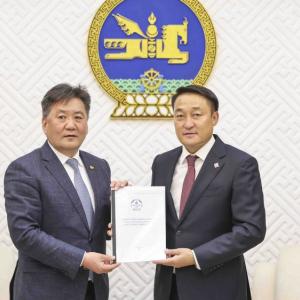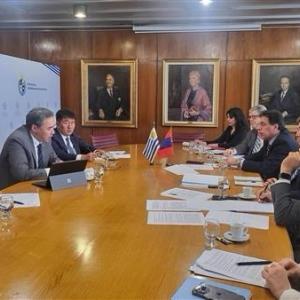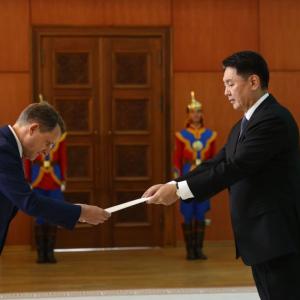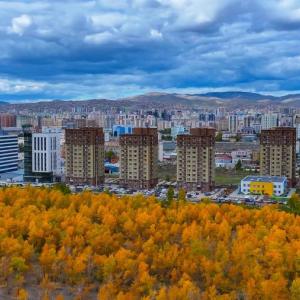Facilitating transit and transport operation in crisis situation: Lessons learned from COVID-19
Economy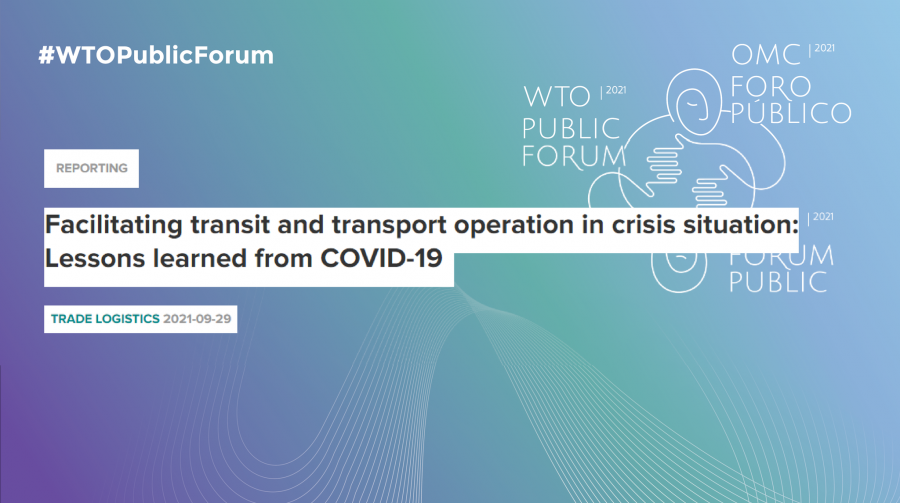
Report of a session organised by
Permanent Mission of Mongolia to the WTO, Permanent Mission of Mongolia to the
WTO on September 29, 2021, as part of the WTO Public Forum 2021: “Trade Beyond
COVID-19: Building Resilience”.
At the start of the COVID-19
pandemic, expectations were that seaborne trade, including containerised trade,
would experience a strong downturn. However, changes in consumption and
shopping patterns have led to increased import demand for manufactured consumer
goods, a large part of which are moved in shipping containers. The increase in
demand was stronger than expected and not met with a sufficient supply of
shipping capacity. As a result of this, transit shipments and transport
operations have been delayed and container freight rates significantly
increased in many parts of the world. The landlocked developing countries
(LLDCs) were hit hard by this sudden shock. In this context, the session
discussed the challenges caused by a shortage of containers and an increase in
freight rates and identified practical recommendations to avoid such challenges
in the future.
On September 09, 2021, Drewry’s
composite World Container index was 309% higher than it was a year earlier. In
landlocked developing countries (LLDCs) like Bolivia price of transit
containers had increased 10 times. In Mongolia, the price of containers
increased by six times. An increase in the price of containers was caused due
to factors such as – closure of international borders to arrest the spread of
the pandemic - that hampered the timely circulation of containers.
LLDCs typically depend on the
neighbouring countries that allow transit to the cargo destined for LLDCs. This
often requires multiple border crossings and hence multiple customs checks and
related trade procedures. In the COVID induced world, different countries
enforced different laws and regulations. The LLDCs faced challenges while
adhering to the multitude of transit and transhipment regulations imposed by
more than one transit country and yet participate in international trade.
Consignments were delayed leading to a demand-supply imbalance both in the
domestic and international markets, thereby disrupting global supply chains.
In this regard, the panellists
underlined the need for putting in place certain policies, and procedures to
help countries across the globe, especially the LLDCs, respond to unforeseen
events like the COVID-19 pandemic in a better way without disrupting global
value chains. The panellists recommended the adoption of the provisions laid
down in the WTO Trade Facilitation Agreement (WTO-TFA). To this end, the
panellists emphasised the implementation of the following two crucial
provisions of the WTO-TFA – (i) Replacing Transhipment with Transit; (ii)
Establishment of National Trade Facilitation Committee (NTFC) by all member
countries and assigning a Nodal Person at the national level who would
coordinate with all the relevant stakeholders, from both government and private
sector, involved in doing/facilitating cross border trade.
The panellists also underlined the
need for harmonising, standardising and simplifying customs procedures by
adopting measures recommended by the World Customs Organisation (WCO).
Additionally, the panellists emphasised the need for digitising customs
procedures coupled with increased use of dry ports, and inland container
depots.
Lastly, the panellists emphasised on
the need to put in place a policy to ensure better circulation of containers.
The panellists concluded that the implementation of WTO-TFA, coupled with simplified customs procedures, and supported by related hard and soft interventions could significantly benefit the LLDCs and help them become more resilient to unforeseen global shocks.
On the panel were
Poul Hansen, Chief, Trade Facilitation, UNCTAD; Vyara Filipova, Technical
Officer, World Customs Organization; Steven Pope, Head of Trade Facilitation,
Go Trade Deutsche Post DHL Group; and Researcher, International Think Tank for
Landlocked Developing Countries. The session was moderated by Purevsuren
Lundeg, Ambassador, Permanent Representative, Coordinator of LLDC Group in
Geneva, Permanent Mission of Mongolia to the WTO.
Reporting by Arnab Ganguly
The report was published on the CUTS Bulletin No.2 dated September 29, 2021.
 Ulaanbaatar
Ulaanbaatar







